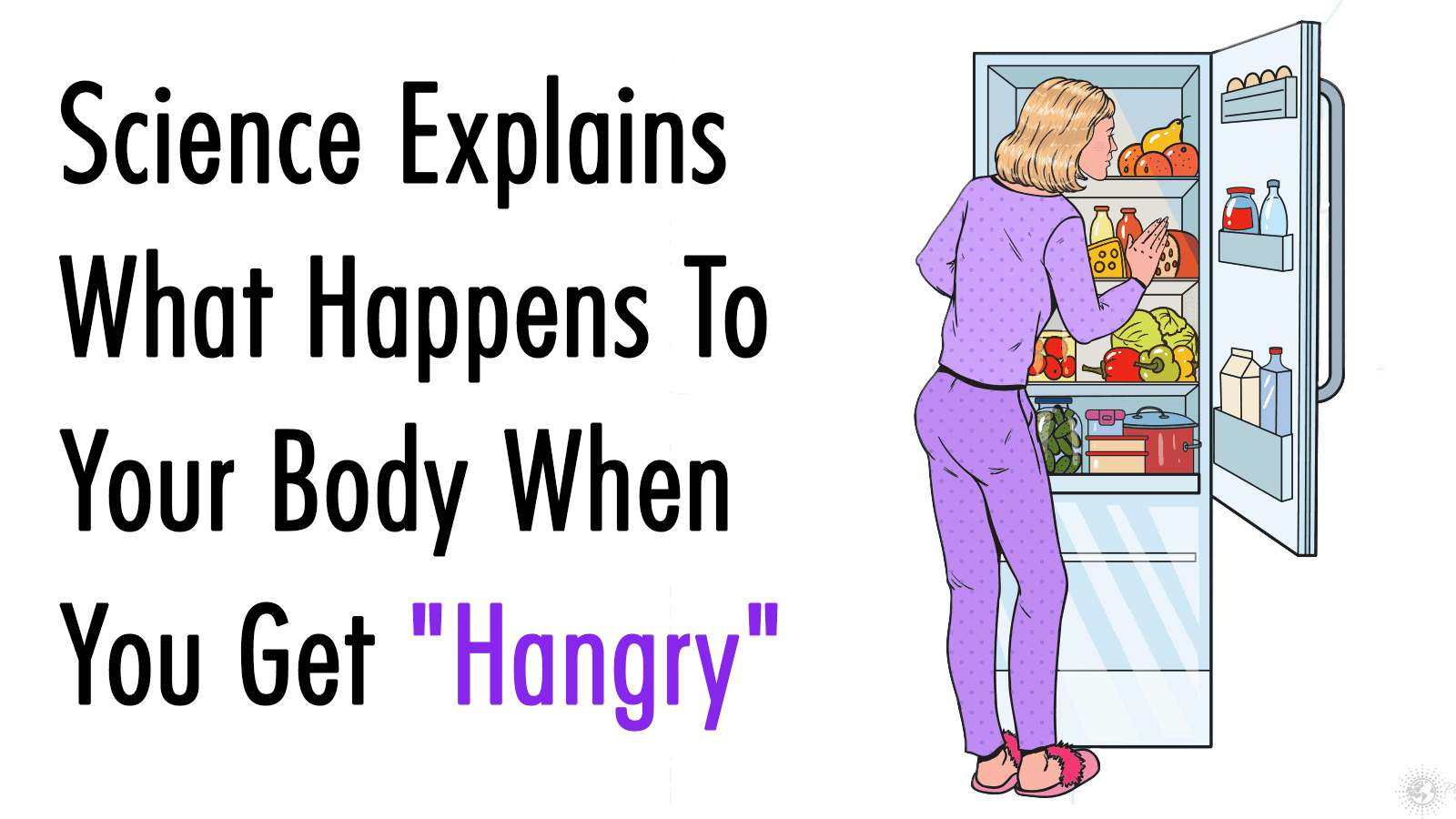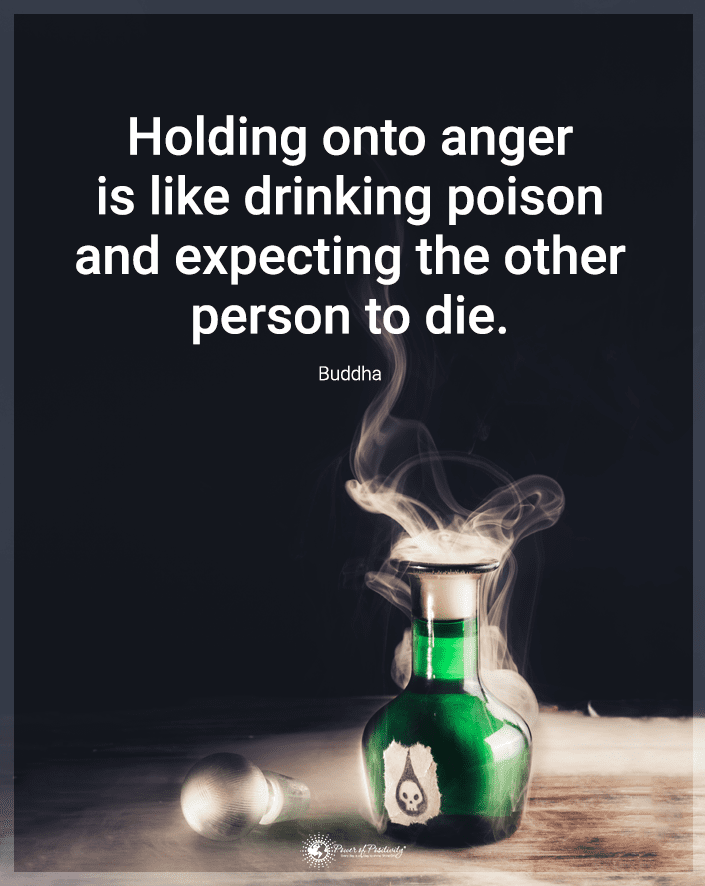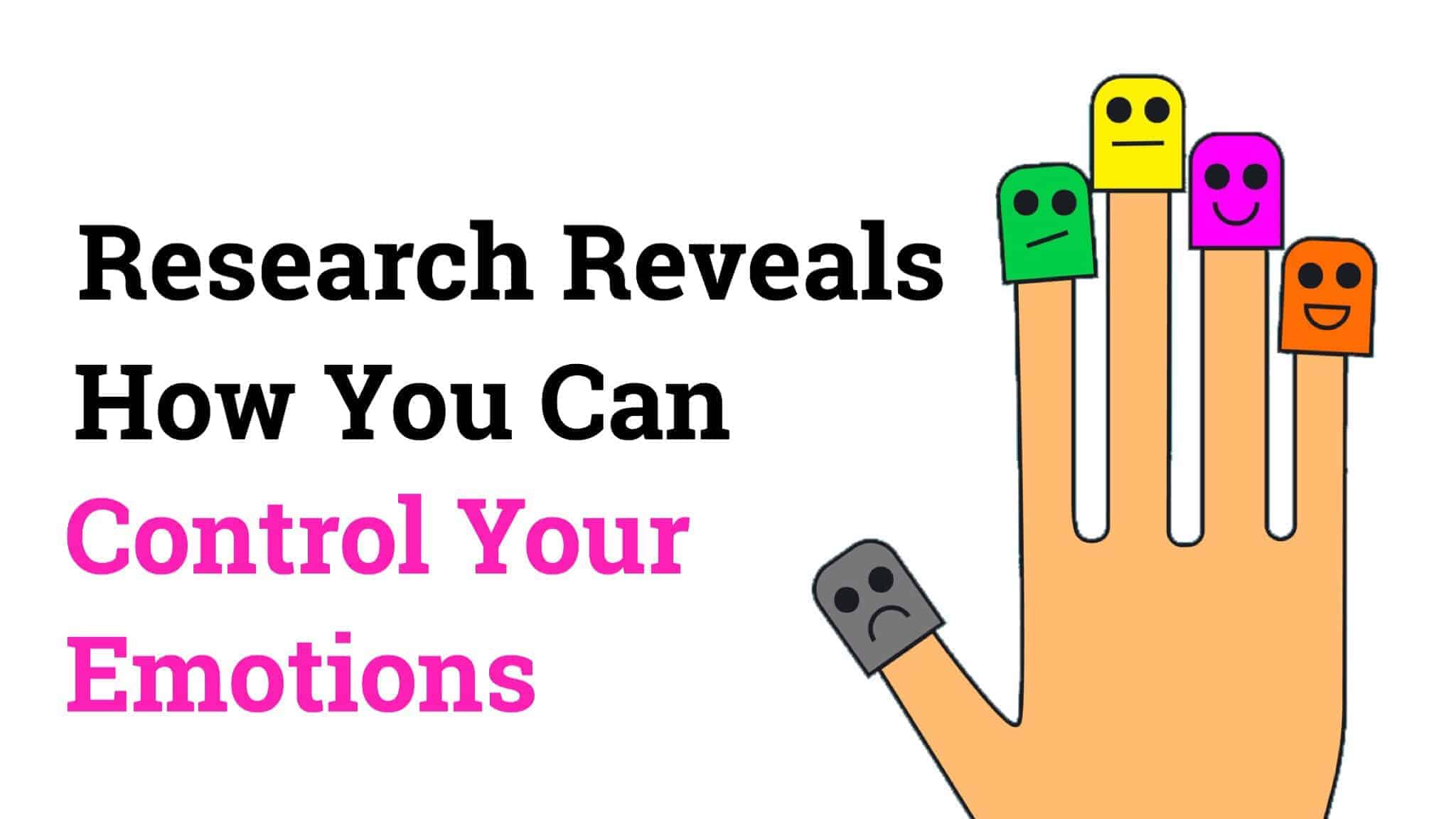Hangry: An adjective that describes being irritable due to hunger ~ Merriam-Webster Dictionary
Food is fuel for the mind and body.
Nod your head if you’ve ever looked up at the clock after steamrolling the to-do list only to realize you hadn’t eaten anything. Maybe you skipped breakfast because you weren’t feeling up to it.
Perhaps, halfway through your to-do’s, you thought “Meh” and just kept going.
Next thing you know, it’s 1 pm, and you hadn’t digested a single calorie.
Those of us who are coffee drinkers understand this all too well. Java can sustain us for only so long before our body says “Uh-uh. I need something else.” (Guilty, as charged.)
That’s bad.
Repeat: Food is fuel for the mind and body.
The only thing we should consume more frequently than (healthy!) food is water.
A stunning level of ignorance…
To illustrate the extent to which proper eating is ignored, think of a typical visit to the family doctor.
It’s astounding the degree to which modern medicine downplays the importance of diet – especially during the diagnosis and treatment phases.
When patients are sick, vital signs are checked, there’s a quick exam, and the doctor usually prescribes a pill.
Have you filled something out at a doctors office that inquires about what you eat? Nicotine and alcohol use doesn’t adequately address dietary habits!
What happens when we don’t eat or fail to eat right?
Predictably, nothing good. Besides depriving our cells of vital nutrients, we tend to become ‘hangry’ – or more irritable due to lack of nutrition. In more extreme cases, that hanger might turn to full-on anger.
Why?
Here’s what happens when you get hangry:
1. Our mental faculties take a nosedive.
Rachele Pojednic, Ph.D., assistant professor in the nutrition department at Simmons College and professor at Harvard University says “The main fuel for your brain is glucose, which you get from eating foods – predominantly carb-rich ones.”
When we don’t eat complex carbs – fruits veggies, and whole grains – our blood sugar dips; when this happens our ability to concentrate and remain alert takes a dive.
2. We get a mad case of sweet tooth.
When our blood sugar is low, the body will crave – you guessed it! – something with sugar.
Brigitte Zeitlin, M.P.H. and registered dietitian, says “You are likely to overeat to make up for the lack of calories you took in throughout the day.”
The biggest problem people have in this regard is “carbo-loading,” or eating a bunch of simple carbs (sugars) without supplementing fat or protein.
Carbo-loading often leads to physical symptoms such as bloating, constipation, and fatigue. Unsurprisingly, making carbo-loading habitual results in weight gain.
3. Our hormones get out of whack.
“Hormones like ghrelin, which is appetite-inducing and, leptin, which is appetite suppressing, will change to indicate you’re hungry,” says Dr. Pojednic.
If we ignore these appetite hormones, the brain signals the body to release the stress hormones cortisol and epinephrine, activating the “fight or flight” response. As a result, we’re more anxious and on-edge.
You should get food into your mouth sooner rather than later. If you don’t, besides feeling anxious, you’ll probably experience the unpleasant physical symptoms of trembling or sweating.
4. We may lash out for no reason
In a 2014 study published in the journal Proceedings of the National Academy of Sciences of the United States of America, researchers measured the blood glucose levels of 107 married couples over 21 days.
Scientists used a somewhat obscure technique to measure “aggressive impulses”: needles and a voodoo doll. Oh, and they also allowed participants to “(blast) their spouse with loud noise through headphones.”
Researchers observed that participants who had lower glucose levels stuck more pins into the doll and blasted their spouse with longer, more frequent “noise blasts.”
The above study illustrates the ‘hanger‘ response, which is – in essence – a survival mechanism. For our distant ancestors, food wasn’t always plentiful. Groups of people would clash over resources that were few and far between.
How often should we eat?
This is an ambitious question to try and answer, but we’ll give it a shot.
After sifting through piles of nutritional research, most experts agree with the following three basic principles regarding “mood hygiene” and food:
(1) Good mood hygiene begins with incorporating essential nutrition into your diet.
This is the most fundamental component of mood hygiene. We must accept the fact that balanced nutrition is critical to mental health. Whole-grains, fruits, vegetables, and lean meats (or substitutes, if vegetarian) must be a priority with most meals and snacks.
(2) Frequent eating + healthy foods = improved mood
There’s no scientific consensus on exactly how many times to eat a day. However, the majority of experts agree that eating more frequent, smaller meals (or snacks) is more conducive to health than three large meals.
This step requires some individual observation and documentation. For starters, you may want to try eating something small every 3-4 hours and write down how you feel. (Hint: it help to be specific.)
(3) Certain foods should be avoided or limited.
Refined carbs (sugars) and alcohol are two main culprits. These include candy, soda, fruit juice, and syrup. Refined starches, such as white bread and crackers can reek havoc on blood sugar levels as well.
While abstaining from alcohol isn’t necessarily in the best interest of your health, moderating the intake of alcohol should be considered. Most studies cite 1-2 alcoholic drinks per day as a reasonable limitation.

















